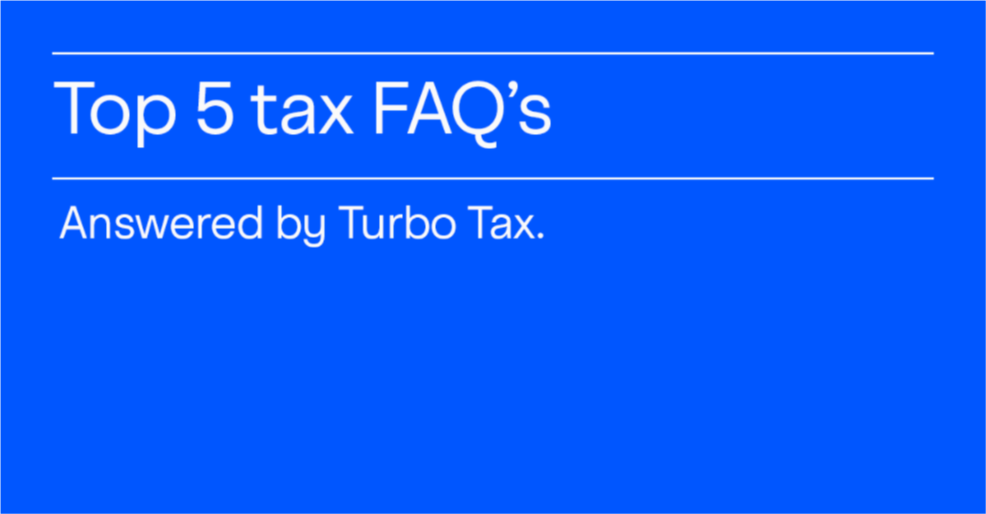Coast Capital’s Debra Brady sat down with accountant and Turbo Tax spokesperson Susan Watkin to ask some of our most frequently asked questions about taxes this season.
1. How can people best claim their work form home expenses?
As you may remember in 2020, the government had brought out a temporary flat rate method for those of us working from home due to COVID to claim some deduction back from those expenses. The past year, the Federal Government decided to extend that into tax years 2021 and 2022, and they’ve also increased it from a $400 maximum to a $500 maximum. The eligibility criteria still exists. It’s still the same thing: you had to have been working at home due to COVID for a minimum of 4 consecutive weeks, at least 50% of the time. [Meeting those criteria] would allow you to claim those $2 per day up to that $500 maximum.
2. What do self-employed people need to know about their taxes?
So this will be considered self-employed income, which is considered business income. Business income is recorded on the T2125 form. This form is a part of your personal income tax return–so this is where you’re going to be reporting not just your income, but also the expenses related to that business. It’s important to remember that when you’re getting yourself ready to go for tax time that you’re getting all of that stuff for your business together. All your revenue, all of your expenses, consider that you may be eligible for things like business use of home expenses, or even business use of personal vehicle expenses. And the net earnings of that business is what gets transferred into your total earnings on our individual tax return.
3. Are tax payers able to claim moving expenses?
Yes, but there’s an eligibility requirement there. If you had to move to start a new job or go to school full time and move at least 40km closer to the job or the school, then it is likely that you can claim some of your moving expenses. A lot of those expenses are going to include things like travel expenses (your vehicle expenses, meals, even some accommodations) but we have to keep in mind too though that these deductions that you’re making are deducted off of the earnings of that new job. So essentially, you can only deduct so much based on what you’ve earned at that new job you’ve moved to, or the earnings that you’re getting for going to school like scholarships, bursaries, etc. So it’s really important to make sure to keep all of your receipts together as you may be able to claim them as well. Some other things you might be able to claim are things like costs for selling your home, even legal fees, real estate commissions, some kind of temporary housing reimbursements. So if you have moved 40km closer to your job or school, definitely look into this deduction to see if it’s something that you could qualify for.
4. Any tips for those filing their own taxes for the first time?
Coming out of school or filing on your own for the first time, maybe your parents were doing it before, or you’ve just started working, it’s important to just look back at your year. Look back at 2021–what happened? Did you go to school? Did you move? Did you get married? Get all these documents together. Everything you may have received from your employer, your business information for your side gig for example, school documents. I also always make sure to tell everyone to sign up for the CRA My Account. This type of access is going to allow you to log in and see all the information the CRA has on you. Whether it’s personal information or tax forms (your T forms), or RRSP or TFSA contribution limits, tracking the refund you’re hopefully getting, [signing up for a CRA My Account] is a great resource to have. Another thing you should keep in mind if you’re a student is what you’re going to do with your tuition tax credits. If you don’t need to use them, you can always transfer them to a parent, grandparent, spouse or partner which is always kind of nice–especially if they helped you pay for school. If you don’t want to use them though, you can always roll them forward to the next tax year. And ultimately, of course, just remember you don’t have to do this alone. Right now for those 25 and under as of the end of 2021, Turbo Tax is offering them an opportunity to complete their tax return using any version of Turbo Tax free of charge. So if you’re feeling nervous going into this for your first time on your own be sure to use assist and review.
5. How does investing in RRSPs, TFSAs, etc. impact my tax return?
RRSP contributions are deductions on your tax return–if you choose to deduct them. Anything that you contribute throughout the period for this tax return, so for RRSPs that would be from last March up until this February. However you don’t have to use the entire deduction if you don’t need it. What the deduction will do is reduce your total income before your taxes are calculated. TFSAs are tax-free–so unlike RRSPs that are tax-deferred, TFSAs actually have nothing to do with our income taxes. And when we look at investments in things like stocks and bonds we call that property and those become part of our tax return when we sell them. So for example, if you’ve purchase stocks or bonds and then sold them at a higher price than you bought them that would be considered a capital gain, if it’s less that’s a capital loss–and both of these things you put on your income tax return.
Be sure to remember as well to declare any charges or interest that you have paid in order to earn money from investments. Keep in mind that interest paid on a loan to get money to contribute into your RRSP is not an eligible deduction.




